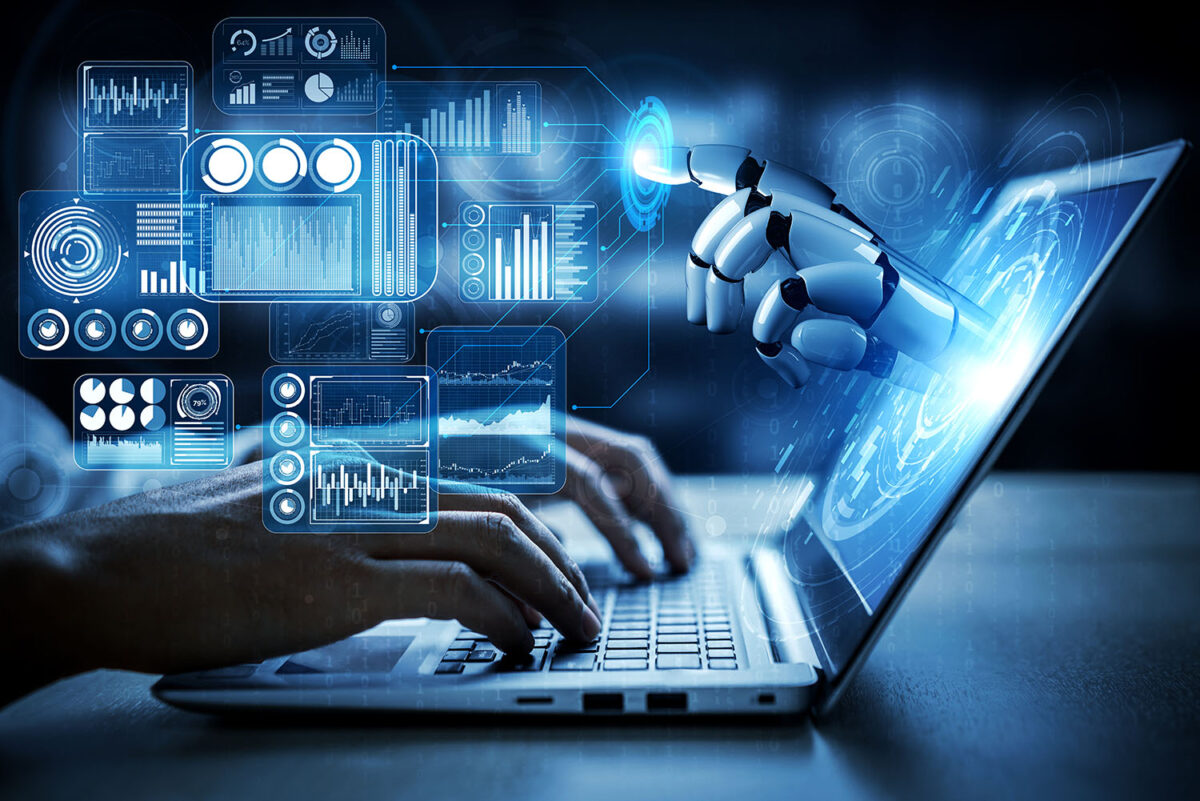AI and Injection Molding: Bridging the Gap through Research

Artificial intelligence can revolutionize Injection Molding by extracting insights and improving process indicators.
The Lüdenscheid Plastics Institute in Germany is conducting some studies to teach companies to understand how to use AI effectively.
You can also read: AI for Enhanced Materials Development and Manufacturing, AI-Based Sensor Improves Productivity in Composites Manufacturing, Editor’s Letter: Is AI Guilty of Job Discrimination?
The Genesis and Essence of Artificial Intelligence
The Dartmouth Conference in 1956 coined the term “artificial intelligence,” which, despite its longstanding existence, is now capturing increased attention and prominence. Researchers in this field are presently concentrating on instructing computers to extract insights from observations. An alluring aspect of AI lies in its capability for reproduction and reuse once one develops a system.
Decoding Challenges in AI, Chess, and Injection Molding
Becoming a world champion chess player requires immense training, innate talent, and a lot of mental effort to learn how to make quick and effective moves to win the cup. Similarly, in the context of injection molding, having the world’s best injection molding expert in software mode allows for smooth production, surpassing even human intelligence.
But why can’t we create software that can outperform the world’s top chess player and apply it to the injection molding process? The answer to this question lies in two fundamental factors – the lack of visibility between cause and effect, and the unavailability of high-quality training data.
AI Revolutionizes Injection Molding at the Plastics Institute, Lüdenscheid
Starting in April 2024, the Plastics Institute in Lüdenscheid, Germany will commence a research project titled “Process Optimization with AI – Artificial Intelligence for Injection Molding Processes”. This project aims to help participating companies understand how to use AI effectively and address the needs of both the industry and academic sectors. The goal of the project is to optimize the injection molding process using algorithms and large amounts of data to perform tasks such as: Pattern recognition, language processing, and autonomous decision-making, that normally require human action.
The Lüdenscheid Institute is collaborating with AI experts from Symate to offer a clear overview of AI possibilities and limitations in their project. The Lüdenscheid Plastics Tech Center will install the Detact AI software on an injection molding machine. The installation customizes injection molding operations and provide practical access for all project participants. Additionally, participants can opt for a pool of hours, which provides them with a three-month test installation on an injection molding machine.
When dealing with digital data acquisition, the smaller the application area of the system, the smaller the sub-area that requires coverage. However, when monitoring the entire process, theoretically, one would need to record any information that could influence the process.. This includes data such as molecular weight distribution, residual moisture, and degree of wear on the screw. To determine what is necessary and what can be neglected, domain-specific expertise about the interrelationships in plastics processing is crucial. A clear definition can then be made based on the partial and final results of the project.
To read more: Prozessoptimierung mit KI – Kunststoff-Institut Lüdenscheid
